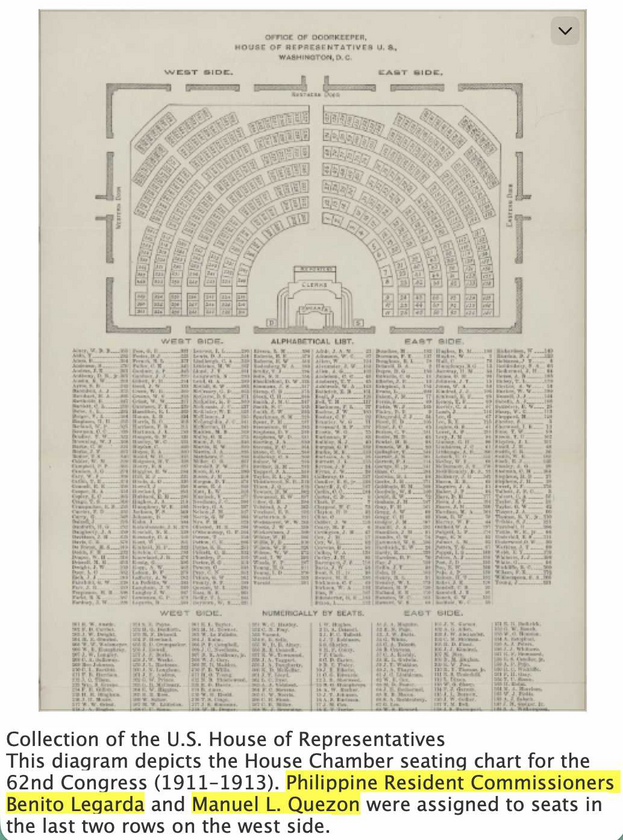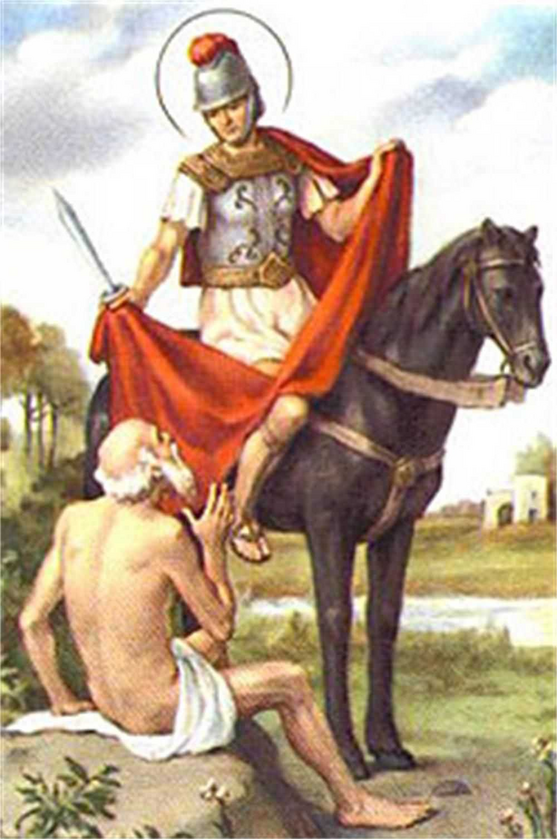I have 4 random Christian works of art to share. I thought they were random, but there is one important thing they all have in common.
I have just a bunch of random Christian things to share. That's it. That's a weird intro. Um, I don't know what to do with all this necessarily. So let me just get it out there and maybe you can connect some dots. However you would like.
This is an old hymn written in 1774. Wanted to share here. I believe our founding fathers knew this hymn. It's all I'll say. And I thought of this hymn in relation to the church shooting the other day. Talked a lot about the church shooting.
Spiritual things after that, which was wonderful. Demonic forces, goodness. Love that that's in the conversation in our country now. This hymn might be helpful to you, no matter what difficult thing you're going through as well. Oh, fearful saints, new courage take. The clouds that you now dread are big with mercy and will break in blessings on your head.
Judge not the Lord by feeble sense, but trust him for his grace. Behind a frowning providence, he hides a smiling face. God's purposes will ripen fast, unfolding every hour. The bud may have a bitter taste, but sweet will be the flower. Blind unbelief is sure to err and scan his work in vain. God is his own interpreter, and he will make it plain.
" Then here's the chorus. So God, we trust in you. Oh God, we trust in you. When tears are great and comforts few, we hope in mercies ever new. We trust in you. There are two mottos we have in our country.
One, e pluribus unum, and we've seen how that has been flipped around. out of many. One, diversity is our strength, is it? And the other one is, in God we trust. I don't know if our founding fathers knew that hymn. I bet they did.
Now, in God we trust wasn't added to our money or motto until later, but it was still a part of our ethos for a long time. Actually, Francis Scott Key, in one or two of the verses of the Star Spangled Banner, there's four verses in total, this line's repeated maybe two times, and this be our motto. in God is our trust. " So whether they knew this hymn or not, certainly they believe that to be true. All right, here's another thing I came across recently. So I'm reading this neat book.
It's called Christ in the Camp, and it's about Christianity in the Confederate Army during the Civil War. And it was written right after the Civil War. And I found this letter that a dad wrote to his son. So his dad wrote to his son in 1864 with some advice, life advice, while you're off in war. I'm just going to read the main parts of this. Take, first thing, take special care of your health.
Most soldiers die of disease than in battle. Number two, the rules of war require prompt and unquestioning obedience to your leaders. This one, I'll go into more detail. Number three, try to maintain your Christian profession among your comrades. Aim to take at once a decided stand for God. If practicable, have prayers regularly in your tent or unite with your fellow disciples in prayer meetings in the camp.
Should preaching be accessible, always be a hearer. Let the world know that you are a Christian. Read a chapter in the New Testament which your mother gave you every morning and evening when you can, and engage in secret prayer to God for His Holy Spirit to guide and sustain you. How about this line? Oh, check this line out. My goodness.
I would rather hear of your death than of the shipwreck of your faith and good conscience. What a sentence. First of all, beautifully written. I would rather hear of your death than of the shipwreck of your faith and good conscience. But the sentiment, true. Because if you died a Christian, at least you go to heaven.
But if there's a shipwreck of your faith and good conscience, then. Number four, as you will come into habitual contact with men of every grade, Make special associates of those who influence on your character is felt to be good. And number five, providence has placed you in the midst of thoughtless and unpardoned men. What a beautiful thing it would be if you could win some of them to the savior. The sick, you may comfort. The wavering, you may confirm.
The backslidden, you may reclaim. The weary and heavy laden, you may point to Jesus for the rest of the soul. Awesome is that letter from, from dad.
Goodness.
Uh, I'm just reading, reading through this book casually, and it's so grateful that we have a history and a heritage to lean on. and something we can pull from and live out again. So I read that this weekend. And then this morning I was reading Acts 20 and these two lines stood out. Acts 20, 24, Paul said, but I do not account my life for any value. I don't account my life of any value, nor as precious to myself.
If only I may finish my course in the ministry that I received from the Lord Jesus to testify to the gospel of the grace of God. And then, so that's Acts 20, 24. And then just next chapter. Acts 21, 13, that people are like, Hey, don't go to Jerusalem. Don't go. And Paul answered, why are you weeping and breaking my heart?
I am ready not only to be bound, but also to die in Jerusalem for the name of the Lord Jesus. And since he would not be persuaded, we ceased and said, let the will of the Lord be done. My last random Christian thing. This is a book I bought. It's, uh, it's called Songs for the Household by, I don't know, Worthington from 1892. It's a beautiful book, beautiful green book, gold binding.
It's just wonderful. Uh, let me read this right here. What prophet, ye his death and cross, alas to self ye also die? Ye love your life to find it lost, afraid the flesh to crucify. Would it live in this world still? Then no, Christ's death to thee is barren show.
What prophet that he loosed and broke all bonds, yet in ye in league remain with earth? Who wearest Satan's yoke? shall call him master but in vain. Count ye the soul for reconciled, yet saved to earth by sin defiled? What profits, if that he is risen, if dead in sins thou dost lie? If yet thou cleavest to thy prison, what profit that he dwells on high?
His triumph will avail not, if thou hast never the battle fought. That's a lot of lines you could take out of that, but just stick with that one. His triumph will avail thee not, if thou hast never the battle fought. Then live and suffer, do and bear, as Christ thy pattern here hath done, and seek his innocence to where that he may count thee of his own. Who lovest Christ must live at war with all that breaks his holy law.
What do we get from all these things here? I got this note the other day, Slater at Breitbart . com is my email, or you can send me my personal email, slaterradio at gmail . com. Damon said, Slater, I listen to every morning on my way to work, but I usually turn you down for a good 20 minutes to a half hour. It's like, well, geez, man.
Geez, Damon. Thanks for admitting that. That's real nice of you. I usually turn you down for a good 20 minutes to a half hour to pray. I turned the radio back up just when you were talking about prayer, the power of prayer, and it just gave me some great affirmation.
Thank you.
Oh, well, geez, Damon. That's a good reason to turn the radio down. It's the only reason. Thanks for that affirmation, Damon. What I'm sensing, what I'm getting from these four things that I shared here is the importance of fighting, standing up for the truth. Whether you're in battle, whether you're as this old poem says, his triumph will avail thee not if thou has never the battle fought or as the hymn from 1744 said, Oh, fearful saints, new courage take.
Maybe that's what we, maybe that's the point of this podcast actually. The inspiration for all of us. New courage to take. MikeSlater . Locals . com. Transcript commercial free on the website.













